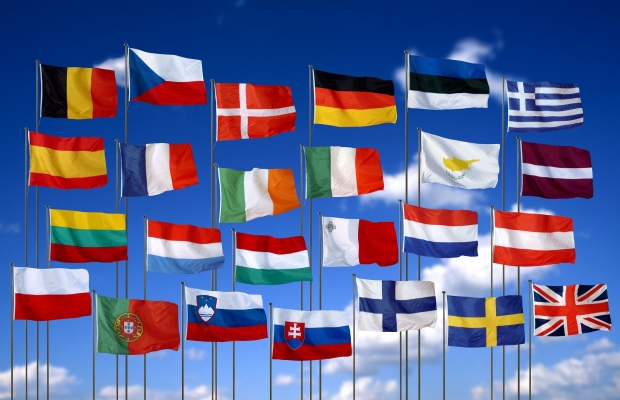The rules are part of amendments to current rules governing EU telecoms companies and aim to highlight the importance of net neutrality.
Telecoms providers in some countries are allowed to prioritise traffic and bandwidth to certain websites, and other sites can be given 'zero ratings', meaning they can be accessed without using up a customer's data quota.
Netflix and Reddit, have signed a letter to European Parliament president Martin Schulz in favour of the net neutrality. But the telcos have argued that charging websites fees would be fair since delivering a lot of data is costly for the provider.
Not only did the parliament vote for net neutrality they also rubber stamped a move to abolish global roaming charges in the EU as of June 2017. From April 2016 the maximum charge will be five cents per minute, two cent for SMS and five cent per MB for European customers.
It is not all good though. Critics say they are fatally undermined by a number of loopholes which “open the door to an end to net neutrality”. An attempt to close those loopholes through amendments failed to gain enough support from MEPs to pass.
National regulators, who are ultimately responsible for overseeing the implementation of the rules, will not be expected to start enforcement for six months.
The final draft, limits what services can be given priority to uses like remote surgery, driverless cars and preventing terrorist attacks. The regulation also requires that those specialised services cannot be offered if they restrict bandwidth for normal internet users.
The EU’s regulations allow “zero rating”, a practice whereby certain sites or applications are not counted against data limits. That gives those sites a specific advantage when dealing with users with strict data caps such as those on mobile internet. The new regulations allow national regulators to decide whether or not to allow zero rating in their own country.




